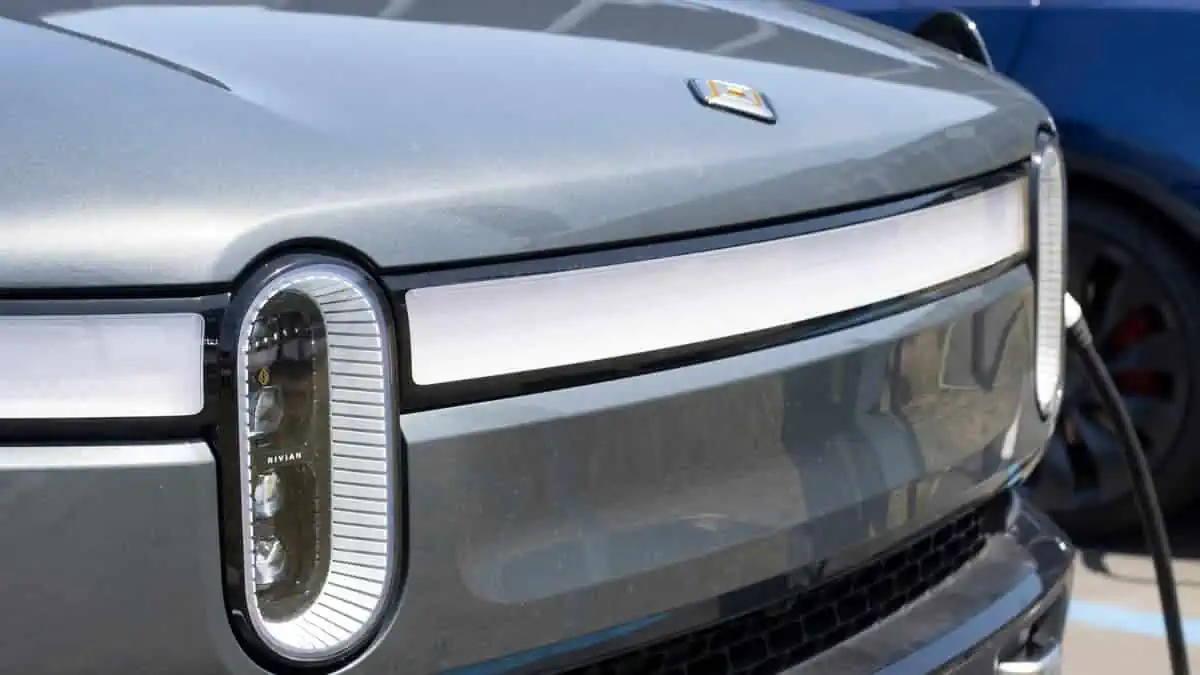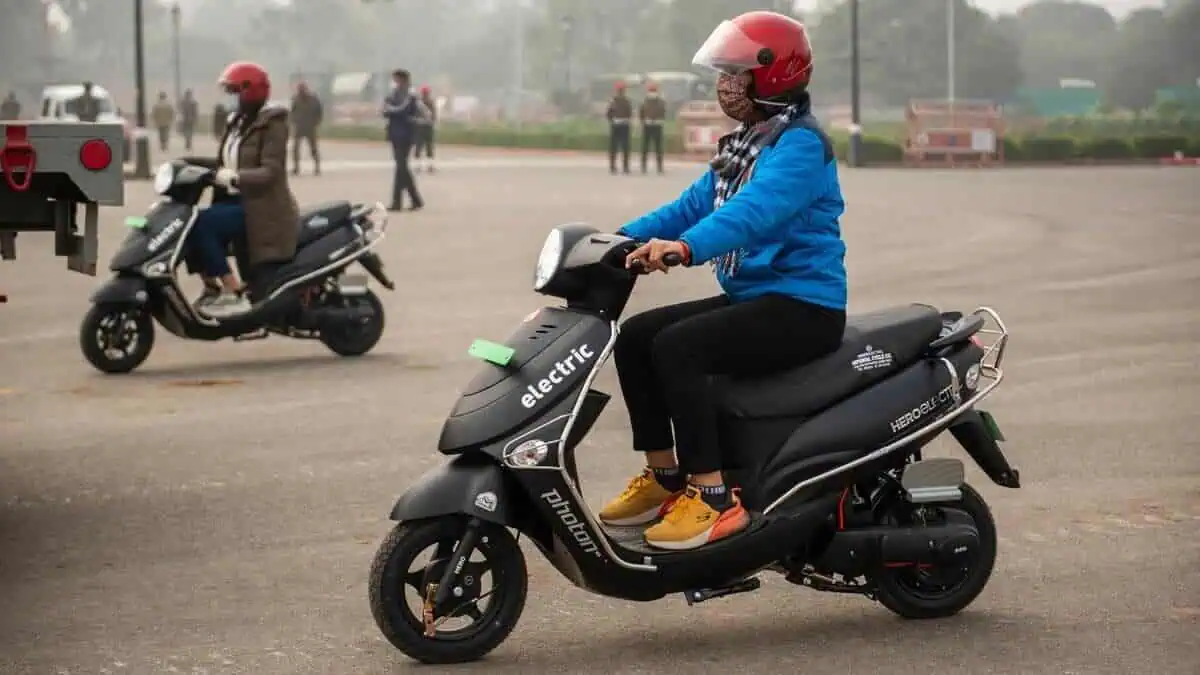American automaker Rivian is among the first industry player to announce support for Tesla’s North American Charging Standard (NACS). It committed to adopting the Musk-led company’s charging technology to access its enormous Supercharging network.
This move raised concerns among analysts and investors that it may alter Rivian’s approach to processing its customers’ payment information.
In response, Rivian CEO RJ Scaringe reportedly assured that the company’s decision to partner with Tesla on electric vehicle charging technology and network would not change anything, for that matter, during its recent call with analysts on Tuesday.
“There’s not any data transfer built into the relationship. It’s a charging relationship whereby our customers will access the network and ultimately pay for the charging, and that will flow from us through to Tesla.”
RJ Scaringe, Rivian CEO
As EV-a2z previously reported, a partnership with Tesla will enable automakers like Rivian to access more than 12,000 Superchargers in North America by next year.
Why is NACS necessary?
The NACS adoption is crucial for other automakers as Tesla Superchargers are incompatible with the current charging standard CCS.
That said, increasingly more automakers decided to support Tesla’s NACS. They expect the charging technology to attract more customers to their brands. These automakers include the following:
They will initially provide an adapter to customers to start utilizing Tesla Superchargers as early as next year. Meanwhile, they will begin equipping their next-gen EVs with the NACS port the following year.
See Also:
- Nissan advances as the first Japanese automaker to adopt Tesla’s NACS by 2025
- NACS vc CCS: Which EV charging plug is better?
- SAE sets performance standards for Tesla NACS, paving the way for industry standardization
- Tesla’s NACS connector becomes mandatory for state funding, encouraging adoption by
- Texas requires state-backed charging stations to include Tesla NACS
Apart from securing access to Tesla Superchargers, Rivian also plans to expand its fast-charging network to 3,500+ stalls in the US.
The automaker expects this strategy to boost the brand’s visibility as it can potentially attract more customers’ interest.






